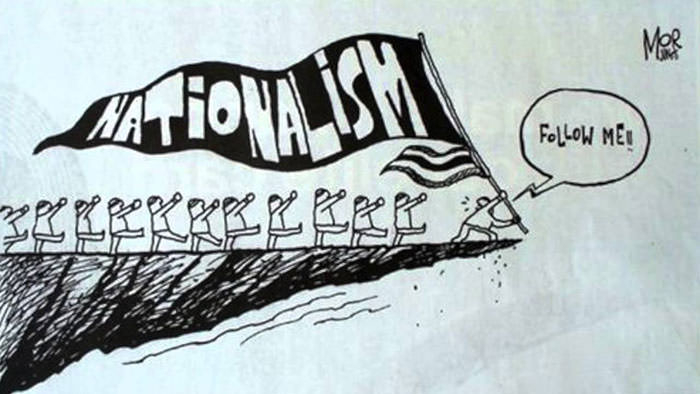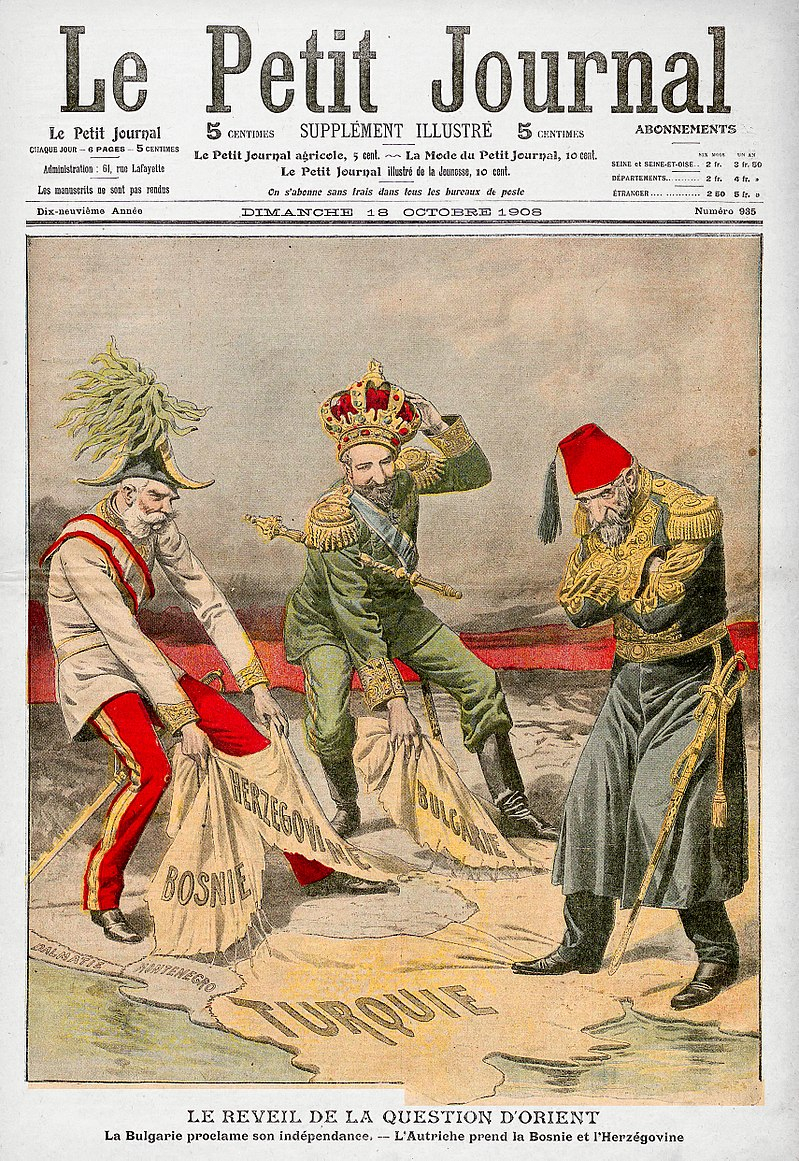Fierce Nationalism

Many European individuals, particularly those from colonial powers, believed that their countries had a position of cultural, economic, and military superiority in the globe in the years leading up to the First World War. Because of this nationalist passion, authorities and the media overstated their own importance while looking down on and mocking others. Politicians and other powerful men, as well as the media, contributed to this worldview. Tabloids were full of provocative remarks and hyperbole, and literature, art, and music were full of nationalistic sentiments.
The Great Powers were full of delusions about their military might, with the British extolling their navy, the Germans boasting about their military might, and the Russian Tsar believing his empire was destined by God and defended by Europe's greatest standing army of 1.5 million men. Furthermore, their own countries were always just and fair, but others were deceitful, bad, backward, and hostile. The result of this distorted worldview was an inflated sense of pride in their own country, with conflict seen as both justified and necessary in times of global competitiveness.
In the Balkans, nationalism took on a new form, with ethnic groups such as Bosnians, Greeks, Bulgarians, and Macedonians seeking political independence from huge empires such as the Ottoman and Austro-Hungarian empires. These factions, mostly sponsored by the Russians, destabilized Eastern Europe, turning it into a hotbed of political power struggles in the run-up to WWI.











